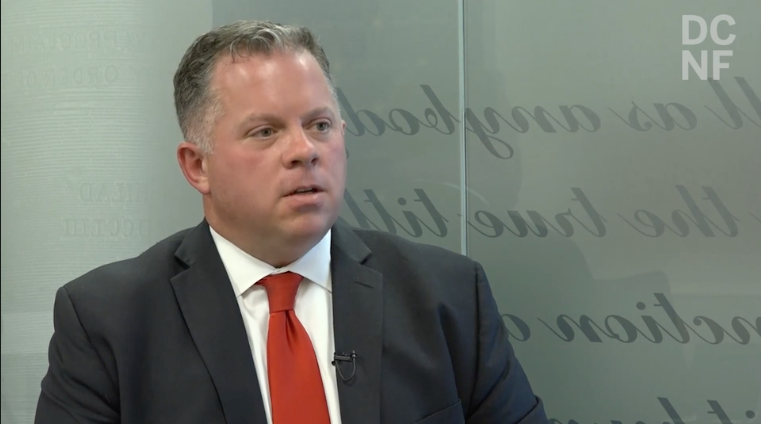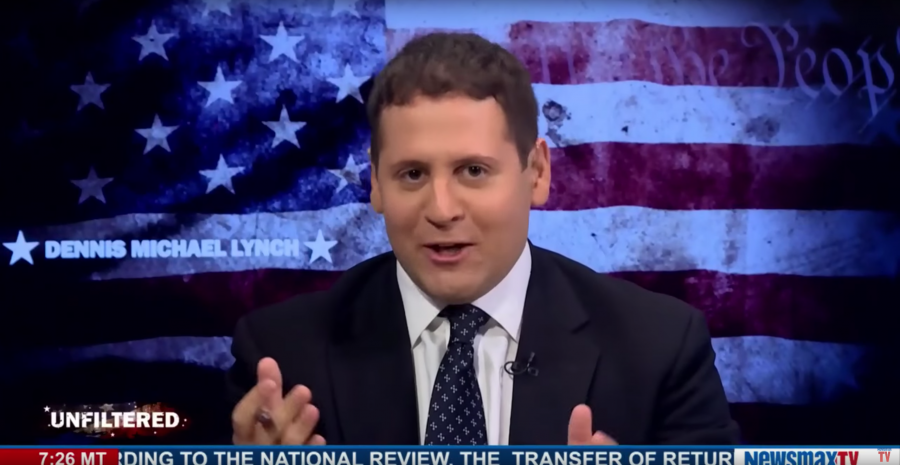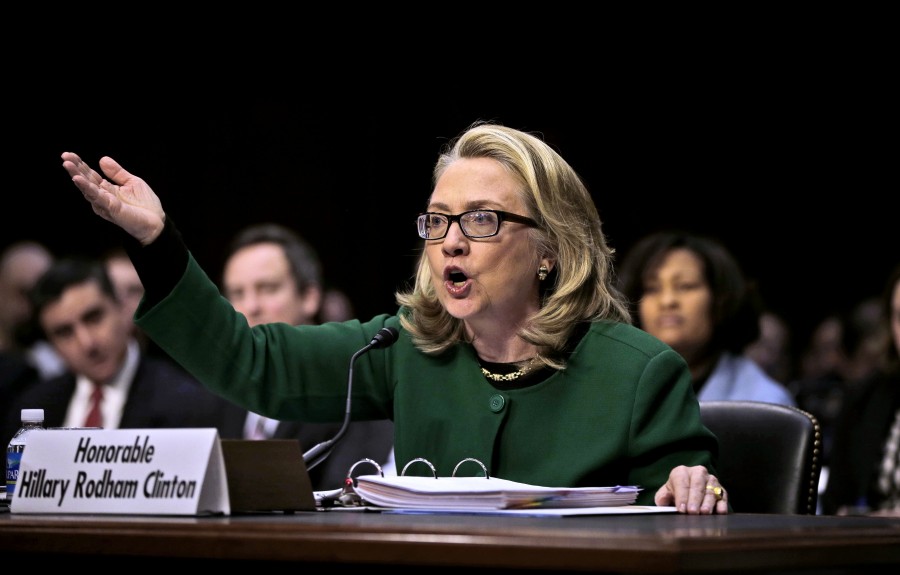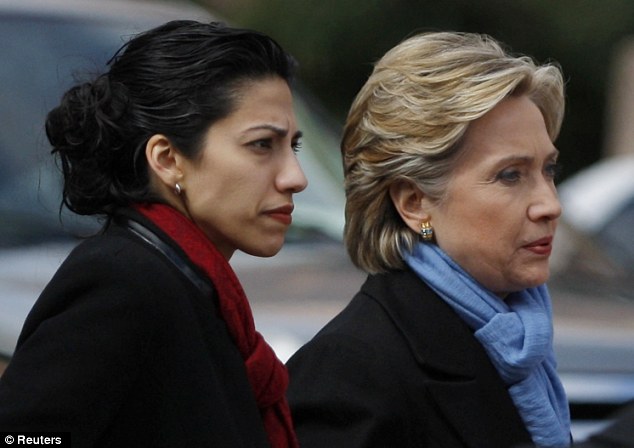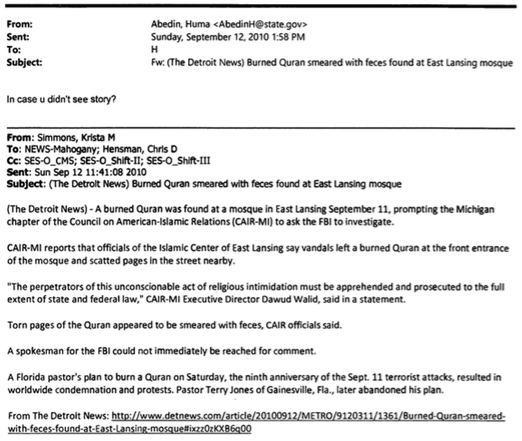Conservative commentator Ben Shapiro, author most recently of books including “Bullies” and “Primetime Propaganda” has a new book out this week titled “The People Vs. Barack Obama: The Criminal Case Against the Obama Administration.”
In the book, Shapiro makes the case that the Obama administration has effectively acted as a criminal cabal, necessitating criminal prosecution by individual Americans in lieu of impeachment.
We spoke with the combative author yesterday to discuss the prospect of criminal prosecution against the president, the IRS scandal including its personal impact on Shapiro, President Obama’s illegal arming of terrorists, the prospect of the president granting in effect mass amnesty to illegal immigrants and much more.
Below is our interview, conducted via phone, and edited for clarity and links.
Why should Blaze readers pick up this book?
Shapiro: Because this is a book that not only details all of the problems and scandals inside the Obama administration, but makes the charge that these are criminal problems, not merely political ones, and explains how we can remedy these issues without resorting to impeachment which is an insufficient remedy.
To that end, you are likely familiar with Andy McCarthy’s new book, in which he makes the case for impeachment. One question related to that is, why criminal prosecution over the impeachment route?
Shapiro: Two points: First is, it’s important to start seeing the Obama administration as a criminal enterprise. It’s really the only way to understand what it is that they’re doing. What impeachment says this is a political problem. This is not a political problem, this is a criminal problem. And detailing it in those terms, in terms of what laws have been broken, is important to understanding exactly who these folks are, and what they’re doing, and exploiting their power. That’s number one. Number two: even Andy makes the case for impeachment but then he doesn’t actually call for impeachment. In the book he says, “Sure we should go ahead and, you know, theoretically the president is guilty of all these crimes and he should be impeached, but then he doesn’t say, “Well, okay so let’s go ahead with impeachment,” because everybody understands, including Andy, that impeachment comes with certain political costs that people are simply not willing to undertake. Impeachment is “pie in the sky.”
In the entire history of the United States we’ve impeached a grand total of 19 people in the House, and we’ve convicted a grand total of eight people in the Senate. And the country has been around for nearly 240 years. You’re talking approximately basically one actual impeachment every thirty years. And this particular solution is supposed to remedy all of the problems with the Obama administration? And even if you were to impeach President Obama, how does that change the honeycombed criminality of the entire administration? Joe Biden takes over and it’s the exact same thing. The whole point here is to change the system of government under which we live. It’s not enough to simply impeach individual officers, it’s not simply enough to impeach one person every thirty years. This requires a broad change in how we view government, and how we treat government when it acts criminally because if the only solution is impeachment, they’re going to get away with an awful lot of criminal activity.
How practically would this work? Typically, I would assume that American citizens wouldn’t have standing to bring a case against the president. Lay out the mechanics for us.
Shapiro: Well actually under RICO [Racketeer Influenced and Corrupt Organizations Act] standing is significantly less of a problem. So you just have to find somebody who is damaged by the criminal conspiracy. So for example, let’s take a couple very practical examples. Can the family of Brian Terry sue the Obama administration for Brian Terry’s death in Fast and Furious? Right now, the answer is basically no, because suing the executive branch is considered unpalatable, and under RICO law it’s questionable as to how high up the chain you can sue. What I propose is changing the RICO law so that you could sue the President of the United States, the Attorney General of the United States and you wouldn’t have to have direct – what RICO requires is criminal enterprise – meaning everybody has to have the same goal, and everybody has to have participated in the creation of this enterprise towards that goal. That’s a very different standard from, “There has to be a direct piece of paper from President Obama to Eric Holder, and one from Eric Holder to the folks pushing Fast and Furious saying, “You will smuggle these weapons across the border in violation of American law.”
So RICO is significantly broader. It was designed to go after the Mafia, specifically in cases where the Mafia did have plausible deniability. So in that case, clearly Brian Terry’s family has standing, they would be able to sue in what I propose in a RICO case against the Obama administration, and they would be able to win damages against individual officers of the United States.
Same thing would happen with regard to the four folks who died in Benghazi. Their families could sue the Obama administration for negligent homicide for example if RICO was broadened to include negligent homicide which it should be…or violations of the Arms Export Control Act, which is what I have suggested also happened in Benghazi.
The finding of standing is actually not that difficult in most scandals because most scandals actually damage somebody. So my friend Jeremy Boering from Friends of Abe should be able to sue the Obama administration under RICO for violations of IRS law. That’s what I’m proposing.
Read more at TheBlaze…

